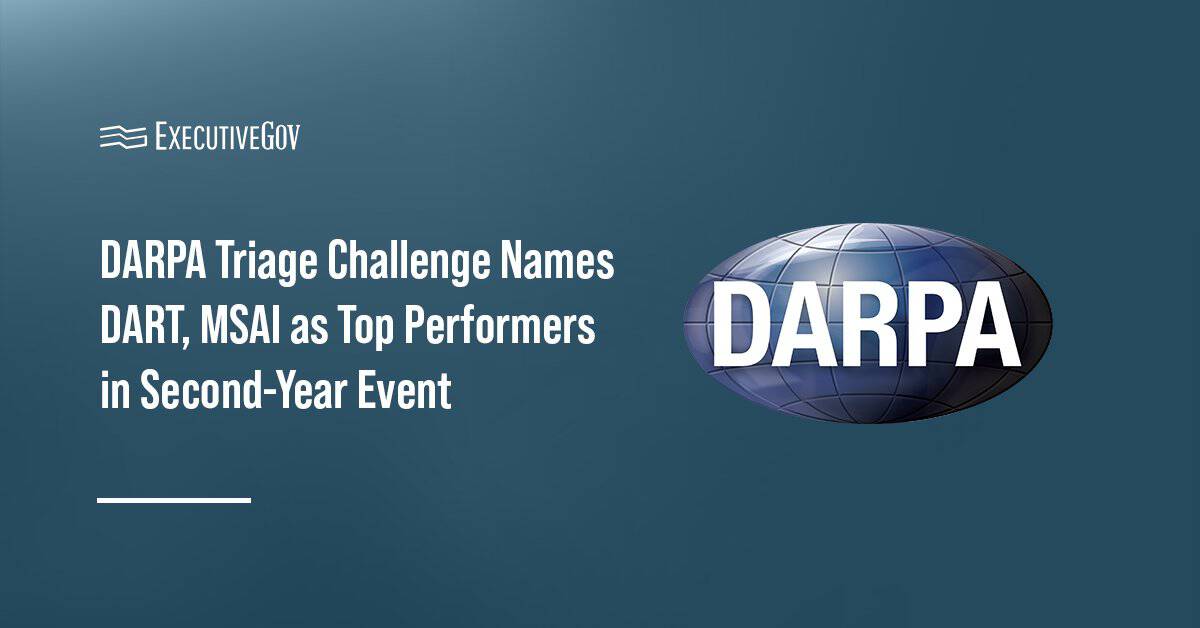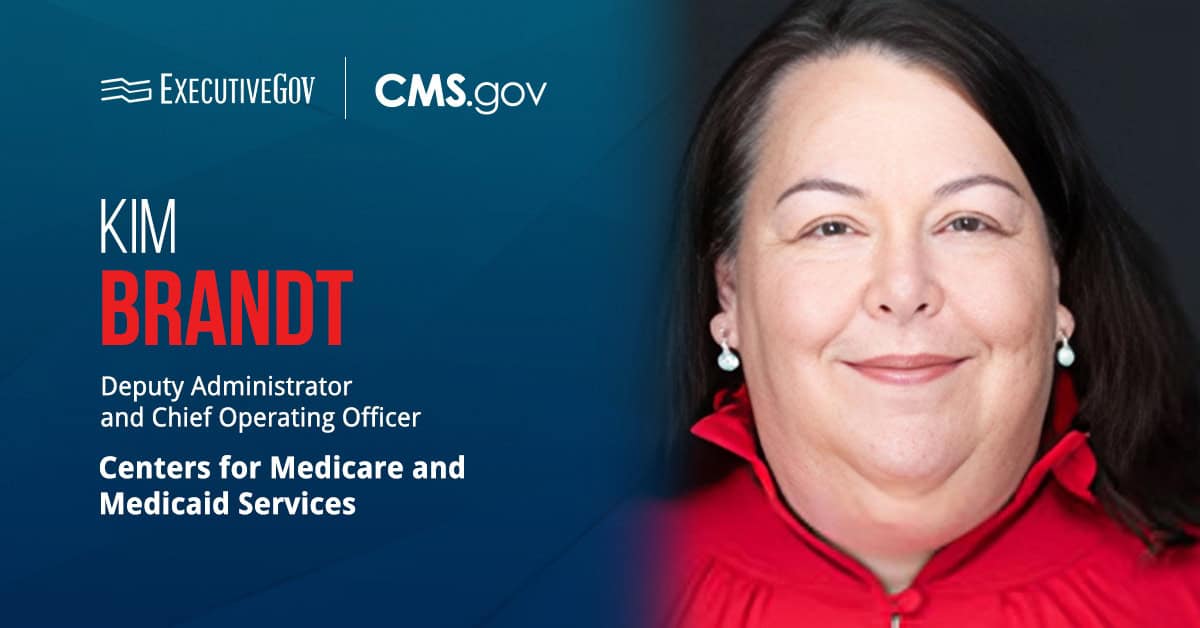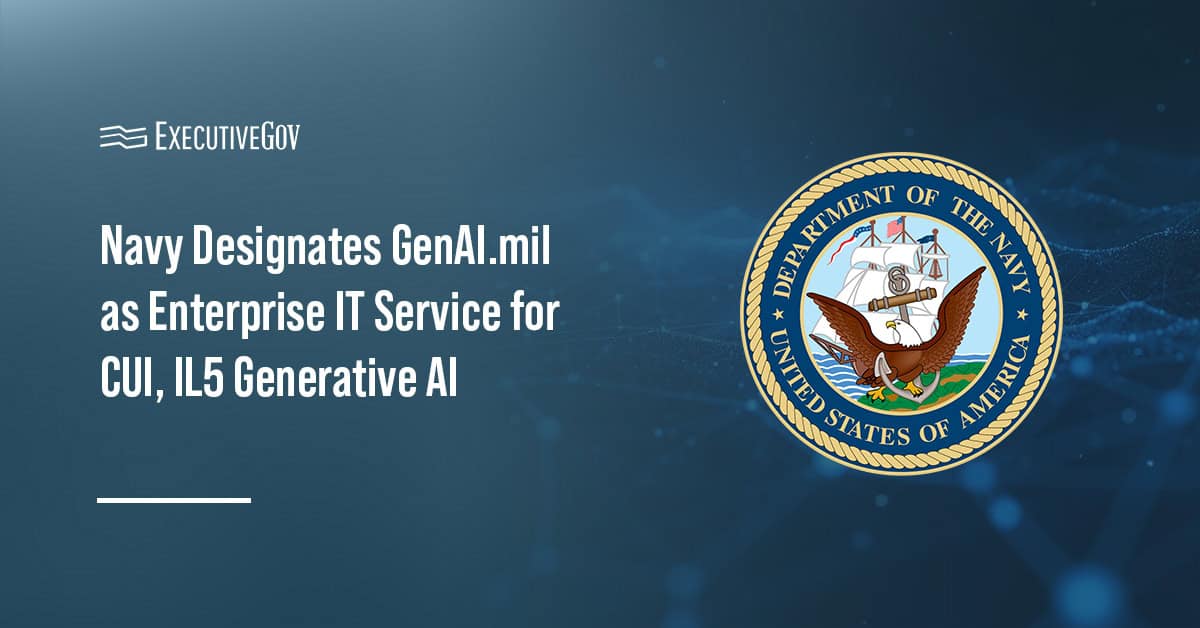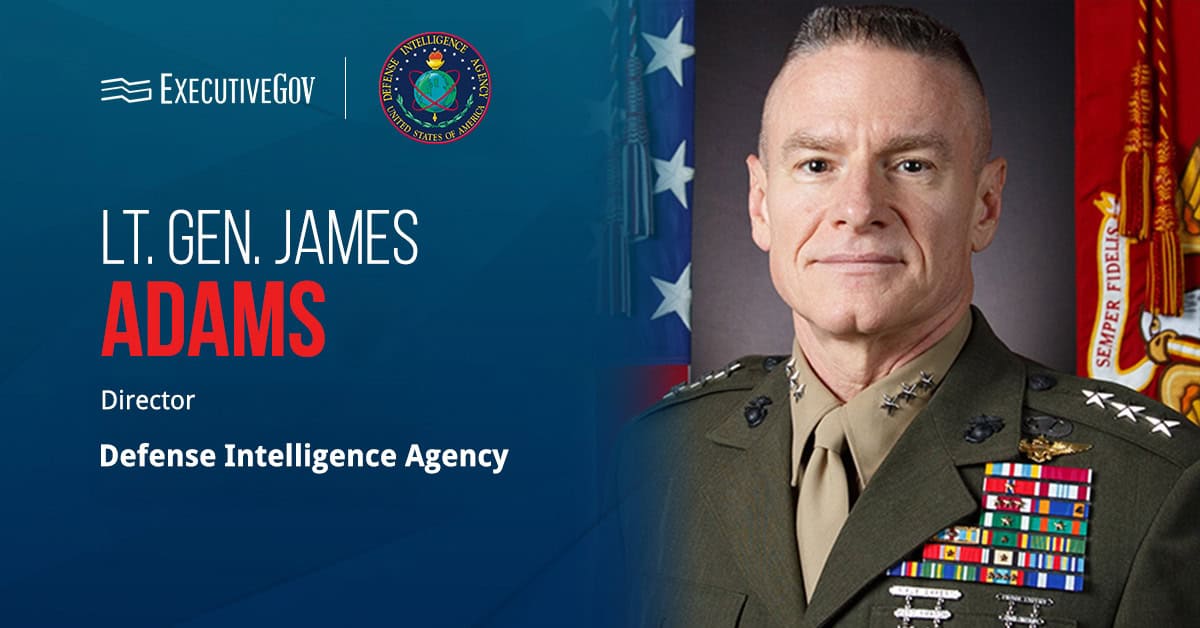DARPA has completed the second year of its Triage Challenge, awarding top spots to DART in the systems competition and MSAI in the data category as competing teams advanced new approaches to medical assessment during mass-casualty incidents. The program, launched to accelerate scalable and accurate triage tools for military and civilian crises, is now advancing to its final 2026 competition, DARPA said Friday.

DARPA’s latest Triage Challenge results highlight how emerging technologies — from advanced robotics to data-driven assessment tools — are reshaping emergency response in both military and civilian settings. These rapid innovations in medical readiness and crisis care closely align with the critical conversations to be featured at the 2025 Healthcare Summit on Feb. 12, 2026, where federal health leaders will examine modernization across public health, clinical systems and mission support. Register today to be part of the discussion.
Table of Contents
How Did Teams Perform in the Second Systems Event?
The systems competition, held at the Guardian Centers in Perry, Georgia, introduced more demanding layouts than the inaugural event and simulated scenarios such as a C-130 aircraft crash and a nighttime ambush. Smoke, darkness and visual obstructions forced teams to test whether their robots and analytic models could still identify victims and assess injuries when conditions degraded.
The DARPA-funded DART of Battelle Memorial Institute led the systems category standings, maintaining its position after taking first place in the opening event in 2024. RoboScout, another DARPA-funded team, followed in the rankings, with Coordinated Robotics performing strongly among self-funded teams. Coordinated Robotics received a $300,000 award as the highest-scoring self-funded participant, while UAS-DTU earned $150,000 for the next-highest placement among eligible entries.
DARPA-funded and self-funded teams compete together, but only self-funded contenders qualify for prize money during the first two years.
How Did the Data Event Evaluate Trauma Prediction?
The data competition measured how well teams could analyze DARPA-supplied trauma datasets to anticipate which patients were likely to require life-saving interventions. MSAI placed first in the event while Coordinated Robotics secured the second spot and received a $300,000 award. Other leading finishers included DARPA-funded AI-TEMPO, CRITIC and LENS. Battelle’s CRITIC team placed sixth in the first data event.
How Is DARPA Trying to Modernize Triage?
The Triage Challenge aims to rethink how first responders identify life-threatening injuries when they are outnumbered, environments are unsafe and time is limited. DARPA is pursuing technologies that can rapidly detect physiological signs of trauma, such as hemorrhage or airway compromise, and transmit actionable information to medics who must make high-risk decisions under pressure.
What Comes Next for the Competition?
Following this year’s joint demonstration with medic teams — a live test of how autonomous systems can support human responders in real time — DARPA is preparing for the final 2026 event. Qualification submissions for the next systems and data events are open through Jan. 2.





